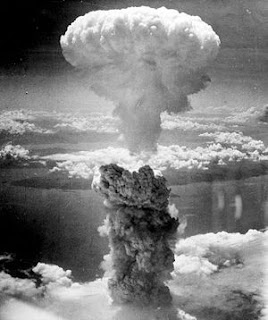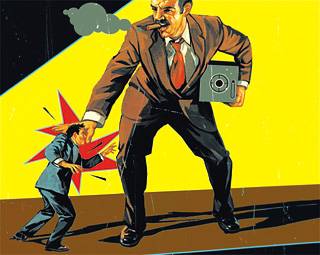Ireland has produced more than its fair share of talented authors and poets: James Joyce, Patrick Kavanaugh, Austin Clarke, Brendan Behan, William Butler Yeats, and many more. With his stunning debut novel, Lagan Love, Peter Murphy is well on his way to adding his name to that impressive list. Named after an Irish song, Lagan Love is an atmospheric tour de force set during the Celtic Twilight in mid-1980s Ireland. This romance with supernatural overtones evokes the pagan beliefs that still thrive in Ireland, despite the best efforts of the Vikings, the English, and the Catholic Church to drive them out like Saint Patrick did with the snakes.
Aidan Greeley is Ireland’s rising poet, and he leads Janice, a promising young painter from Toronto, through the veil of the Celtic Twilight into the world of Irish folktales and myths. What they find on the other side threatens to destroy them both. Fame comes at a very high price. Is Aidan willing to sacrifice his shot at fame and glory for his love of Janice, or will he end up sacrificing Janice? Will Janice’s friend Sinead be able to save her before it’s too late? And is Gwen Fitzwilliam, the wife of the wealthy Maurice, merely Aidan’s patron and lover or something much darker – a creature out of Ireland’s myth and lore, a leanan sidhe, or lenanshee, a fairy spirit who inspires lovers to ever-greater creative heights, but at a price. Will the price be Janice’s love and soul?
The main characters first meet at smoke-filled Grogan’s pub. One reviewer has compared it to the bar Cheers from the television show (“where everyone knows your name”), but that seems a rather simplistic analogy. The pub serves the town’s rough-hewn workers, farmers, and lost university students, a place where you can raise a pint to toast a friend or get roaring drunk to forget your problems, at least for a night. Here Aidan meets Sinead and begins an affair with her, and here he does the same with Janice, with whom he falls in love and starts to think may be his one true love.
Murphy draws on Ireland’s rich history, tangled web of politics, culture, literary giants, myths, and legends to weave a wondrous tapestry of a novel. Aidan’s insights, his teaching Janice about the struggles and hardships that Ireland has had to go through to make it the country it is when he meets her, and Murphy’s introspective and very quotable observations about the human psyche make Lagan Love much more than a run-of-the-mill love story.
The author tells the novel from the many and varied points of vies of its characters, even allowing us glimpses into the insatiable desires of Gwen. An impressive feat, that such a range of emotion and characterization could be achieved by a first-time novelist. The reader sees what is going on through the eyes of whichever character is on center stage at any given time. It’s sometimes difficult for a male author to write from a believable point of view of a female character like Sinead, Janice, and Gwen, but Murphy does a masterful job, making them come alive for his readers.
Lagan Love takes the traditional love story and ramps it up several notches, with a supernatural twist that makes it an instant classic. I would highly recommend Lagan Love to anyone who loves supernatural romances, urban fantasies, and great literature in general. I can’t wait to read what Peter Murphy writes next. If it’s anywhere near as good as Lagan Love, it will be well worth the wait.
This Book Review is provided by: Curled Up With A Good Book
visit their website here
visit their website here
This entry was posted in Book Reviews, Lagan Love Reviews

























